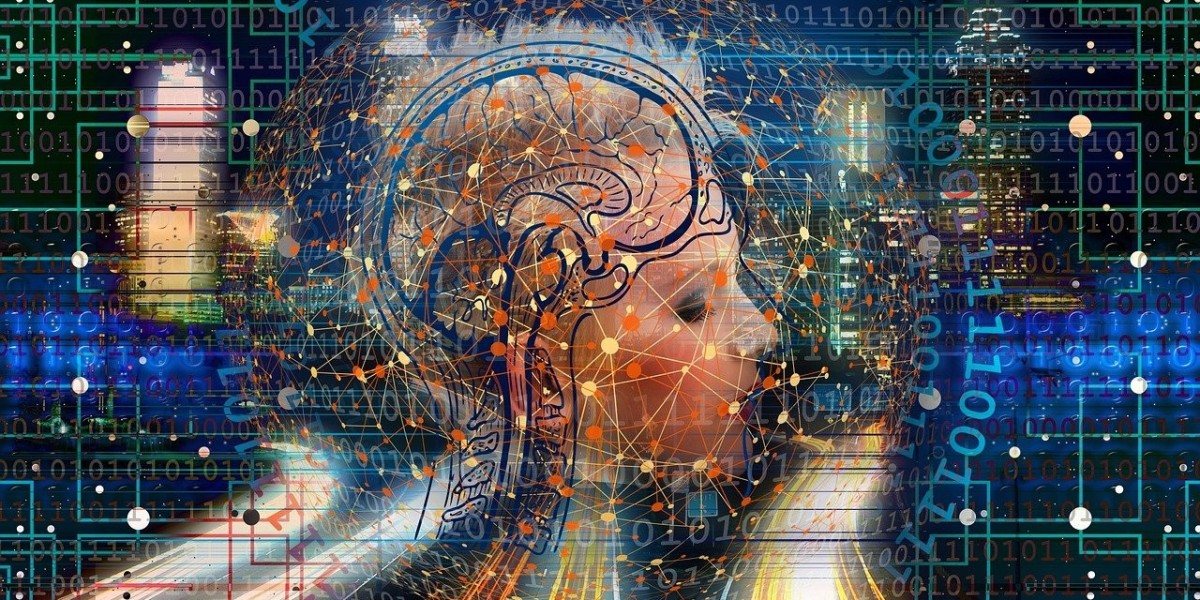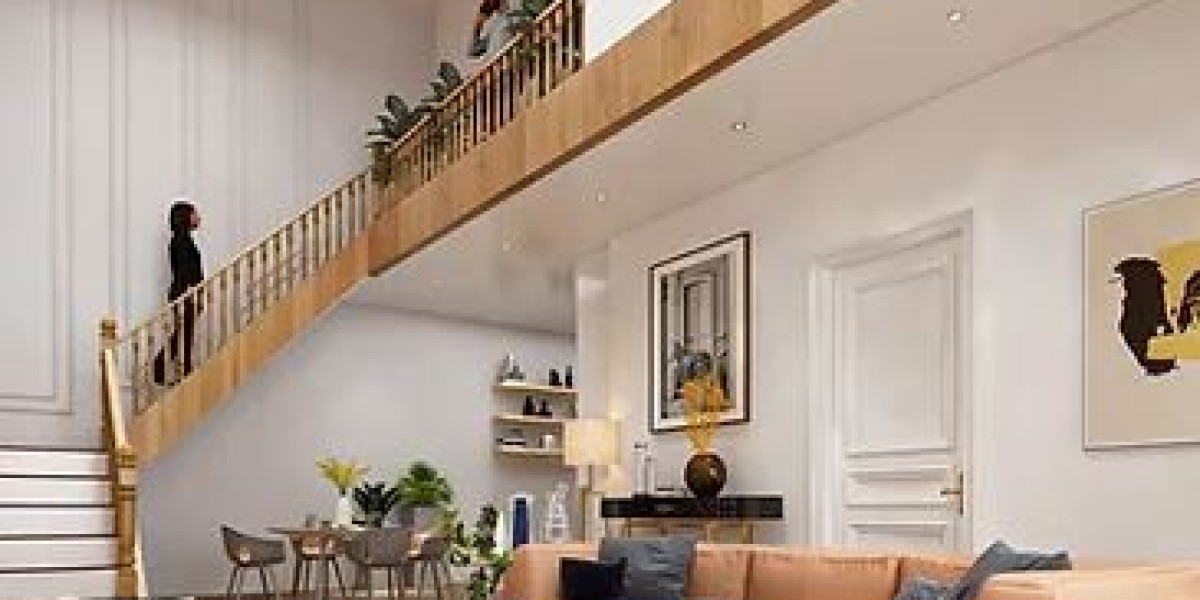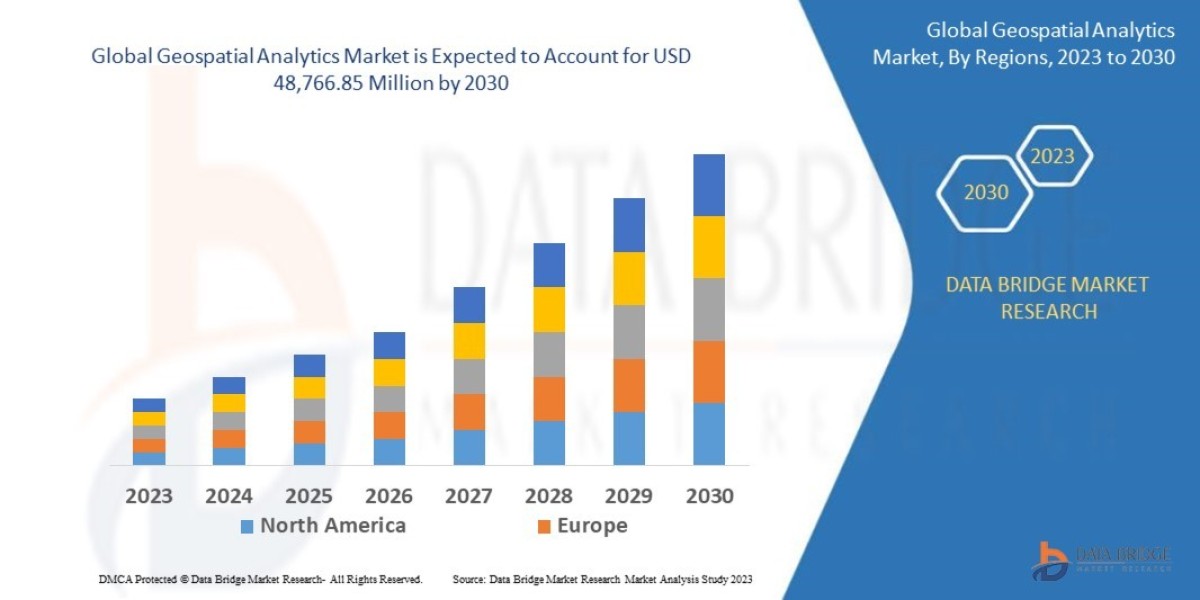Creating your own NFT art marketplace involves several key steps, from understanding the concept and technology behind NFTs to developing the platform and attracting artists and buyers. Here’s a comprehensive guide to help you get started:
1. Understand NFTs and Blockchain Technology
- NFTs (Non-Fungible Tokens): These are unique digital assets stored on a blockchain, representing ownership or proof of authenticity of a specific item, like art.
- Blockchain: A decentralized digital ledger that records transactions across many computers, ensuring security and transparency.
2. Research and Plan
- Market Research: Analyze existing NFT marketplaces like OpenSea, Rarible, and Foundation to understand their features, user experience, and fee structures.
- Target Audience: Identify the artists and buyers you want to attract. Consider niche markets that may have less competition.
3. Choose the Right Blockchain
- Ethereum: The most popular blockchain for NFTs due to its robust smart contract functionality and large user base.
- Alternative Blockchains: Consider other options like Binance Smart Chain, Flow, or Polygon for lower transaction fees and faster processing times.
4. Develop Smart Contracts
- Smart Contracts: These are self-executing contracts with the terms directly written into code. They handle the creation, transfer, and ownership of NFTs.
- ERC-721 and ERC-1155: These are the standard protocols for creating NFTs on Ethereum.
5. Design the Marketplace
- User Interface (UI) and User Experience (UX): Ensure your platform is user-friendly and visually appealing.
- Features: Include features like user profiles, minting options, auction systems, and secure wallets.
6. Hire a Development Team
- Blockchain Developers: Experienced in smart contract development and blockchain integration.
- Frontend and Backend Developers: To create a seamless user experience and manage the server-side logic.
- UI/UX Designers: To design an intuitive and engaging interface.
7. Integrate Wallets
- Wallet Integration: Allow users to connect their crypto wallets (e.g., MetaMask) to your platform for transactions.
- Security: Ensure robust security measures to protect users' assets and personal information.
8. Test the Platform
- Beta Testing: Conduct thorough testing to identify and fix any bugs or issues.
- User Feedback: Gather feedback from early users to make necessary improvements.
9. Launch and Market Your Platform
- Soft Launch: Start with a limited release to gather initial feedback and make adjustments.
- Marketing Strategy: Utilize social media, influencer partnerships, and online communities to promote your marketplace.
- Community Engagement: Build a strong community around your platform by engaging with artists and collectors.
10. Provide Ongoing Support and Updates
- Customer Support: Offer reliable support to assist users with any issues.
- Regular Updates: Continuously improve the platform with new features and enhancements based on user feedback and market trends.
Additional Tips
- Legal Compliance: Ensure your platform complies with local and international regulations regarding digital assets and data privacy.
- Partnerships: Collaborate with artists, art galleries, and other stakeholders to expand your reach and credibility.
- Innovation: Stay ahead of the curve by incorporating new technologies and trends in the NFT space.
By following these steps, you can create a successful NFT art marketplace that attracts artists and buyers, offering a seamless and secure platform for digital art transactions. If you are looking for professional help, consider partnering with an experienced NFT Marketplace Development Company. They can provide expert guidance and technical support to bring your vision to life.
Additionally, if your interests extend beyond art and into gaming, working with an NFT gaming platform development company can help you create an engaging and innovative gaming marketplace. These companies specialize in the unique requirements of the gaming industry, ensuring your platform is optimized for both gamers and developers.


